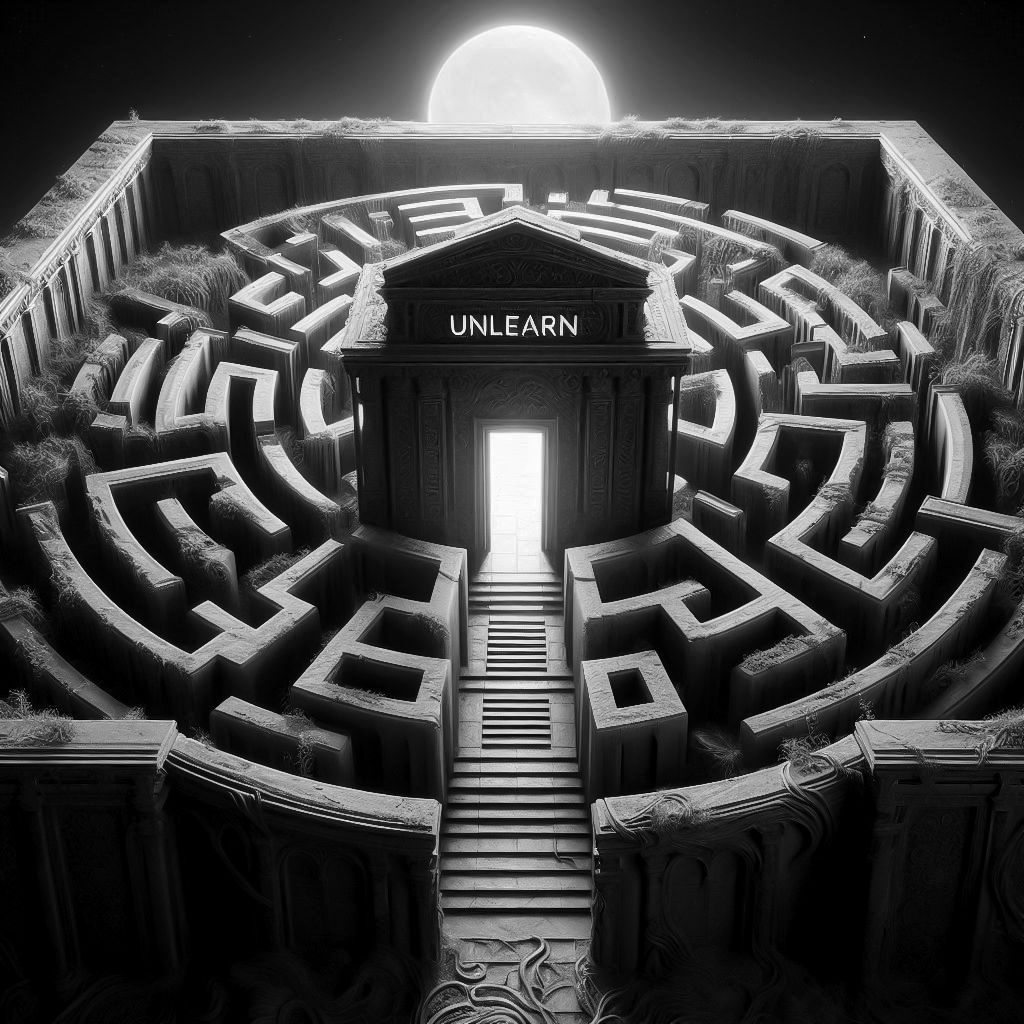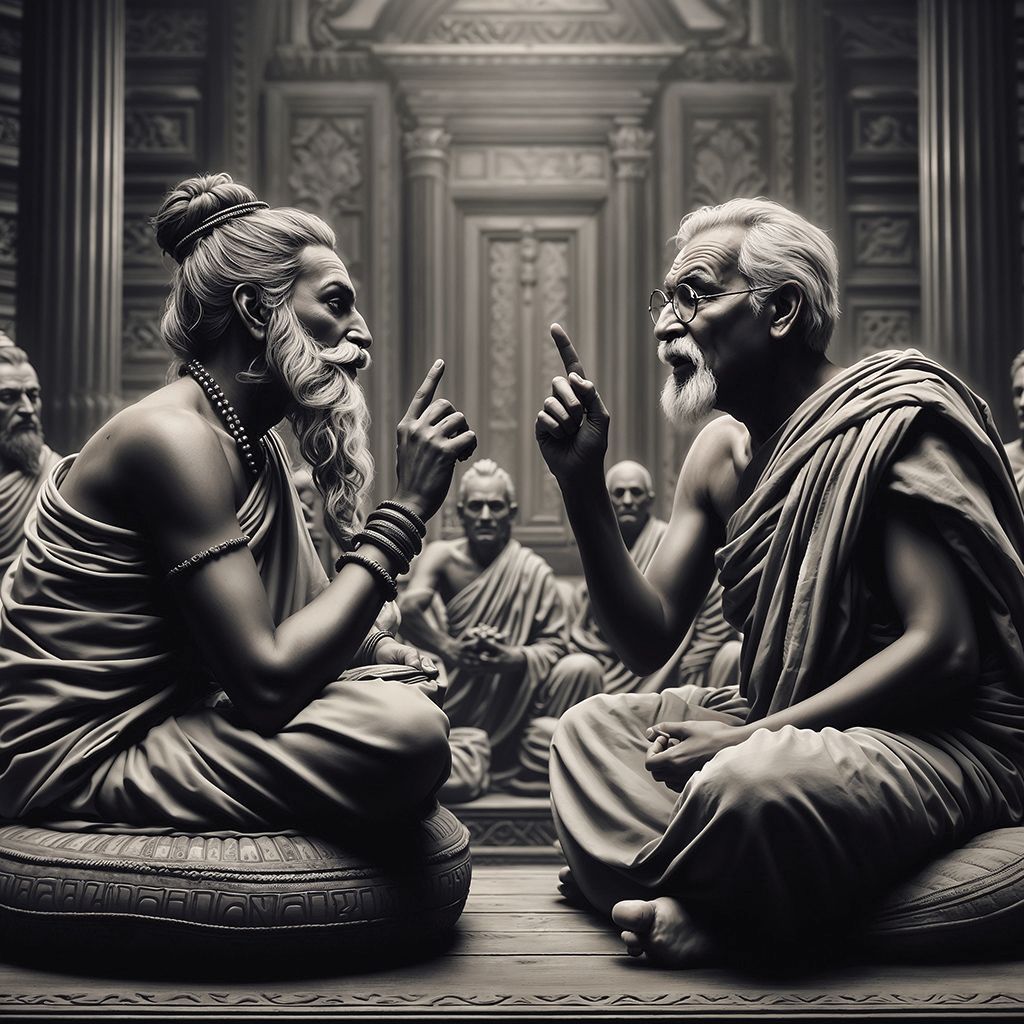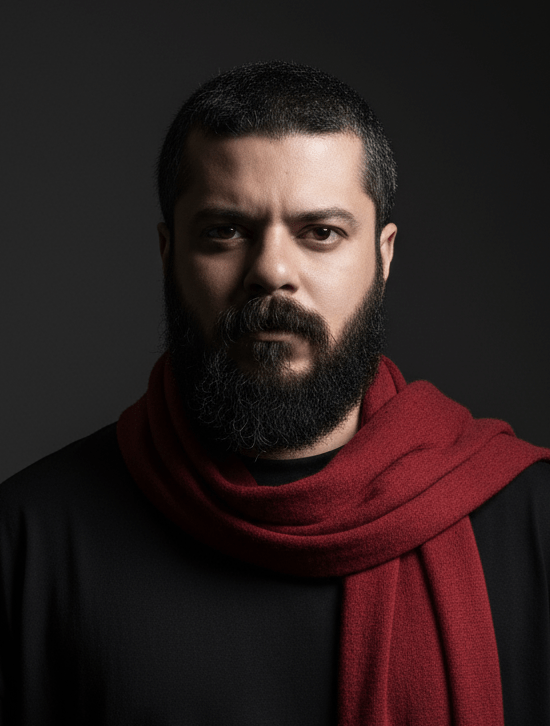Have you ever wondered why some people seem to grow wiser with age, while others become more rigid in their thinking? The secret might lie not in what we learn, but in how we approach the very act of learning itself.
Let’s start with a simple truth: most of us think we’re pretty good at learning. After all, we’ve been doing it our whole lives, right? But here’s the thing – true learning isn’t about accumulating facts or skills. It’s about something far more profound and, frankly, a bit scary. It’s about letting go.
Think back to a time when you encountered an idea that challenged everything you thought you knew. Maybe it was a philosophical concept that made you question your beliefs, or a scientific discovery that turned your understanding of the world upside down. How did you react? If you’re like most people, your first instinct was probably to reject it outright. That’s totally normal – our brains are wired to protect our existing worldview.
But what if, instead of immediately accepting or rejecting new ideas, we allowed ourselves to sit with them for a while? This is where the magic happens. By creating space for uncertainty, we open ourselves up to genuine transformation. It’s like meditation – we observe our thoughts without judgment, allowing new perspectives to emerge organically.
This approach to learning isn’t just about intellectual growth; it’s about emotional and spiritual evolution too. In the Zen tradition, there’s a concept called “beginner’s mind” – approaching each moment with openness and curiosity, free from preconceptions. When we cultivate this mindset, we become more adaptable, more compassionate, and ultimately, more alive.
Of course, embracing uncertainty isn’t easy. It requires courage to question our deeply held beliefs and the humility to admit we might be wrong. But the rewards are immeasurable. By learning to unlearn, we free ourselves from the prison of fixed ideas and open up to the infinite possibilities of life.
Here’s a practical tip: Next time you encounter a challenging idea, resist the urge to immediately agree or disagree. Instead, ask yourself, “What if this were true? How would it change my understanding of the world?” Let the question simmer in your mind for a few days and see what insights emerge.
Remember, true wisdom isn’t about having all the answers – it’s about asking better questions. So, are you ready to embark on the journey of unlearning? Share your thoughts and experiences in the comments below. Let’s grow together in our collective pursuit of wisdom.



